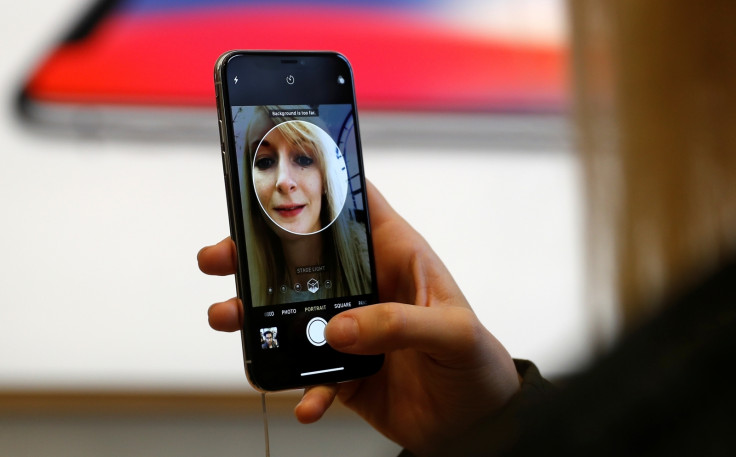Is your iPhone slow after an update? It's just in your head
It could be time for a genuis appointment at Apple instead.

For years, Apple has been rolling out free updates to iOS users as a small consolation to those not willing to splash the cash on the newest phone.
But every time an update rolls round, Apple is accused of the same thing: slowing down iPhones to convince people to upgrade. As more and more people complain, the rumours recirculate and Apple has to assure users that its intentions are good.
A new report from benchmarking company Futuremark has recently revealed that the hypothesis is most likely false. By testing an iPhone 5S for GPU over the past 18 months, researchers found that performance remained consistent, even after iOS was upgraded.
Between April 2016 and September 2017, iPhones were tested monthly on iOS 9, iOS 10 and iOS 11. According to Futuremark, Apple has not been deliberately slowing the phones.
"Our benchmarking data shows that, rather than intentionally degrading the performance of older models, Apple actually does a good job of supporting its older devices with regular updates that maintain a consistent level of performance across iOS versions..." The company said.
"That said, there are some factors that might affect people's perception of performance after updating an older device with a newer version of iOS. An update might add new features that use more resources or require more processing power.
"New apps developed for the latest models might not run as smoothly on older devices. Conversely, apps designed for an earlier version of iOS might not take full advantage of optimisations in the latest version."
If you are really struggling with your iPhone's speed or battery, take it into Apple for a 'genuis' appointment or try reinstalling iOS.






















